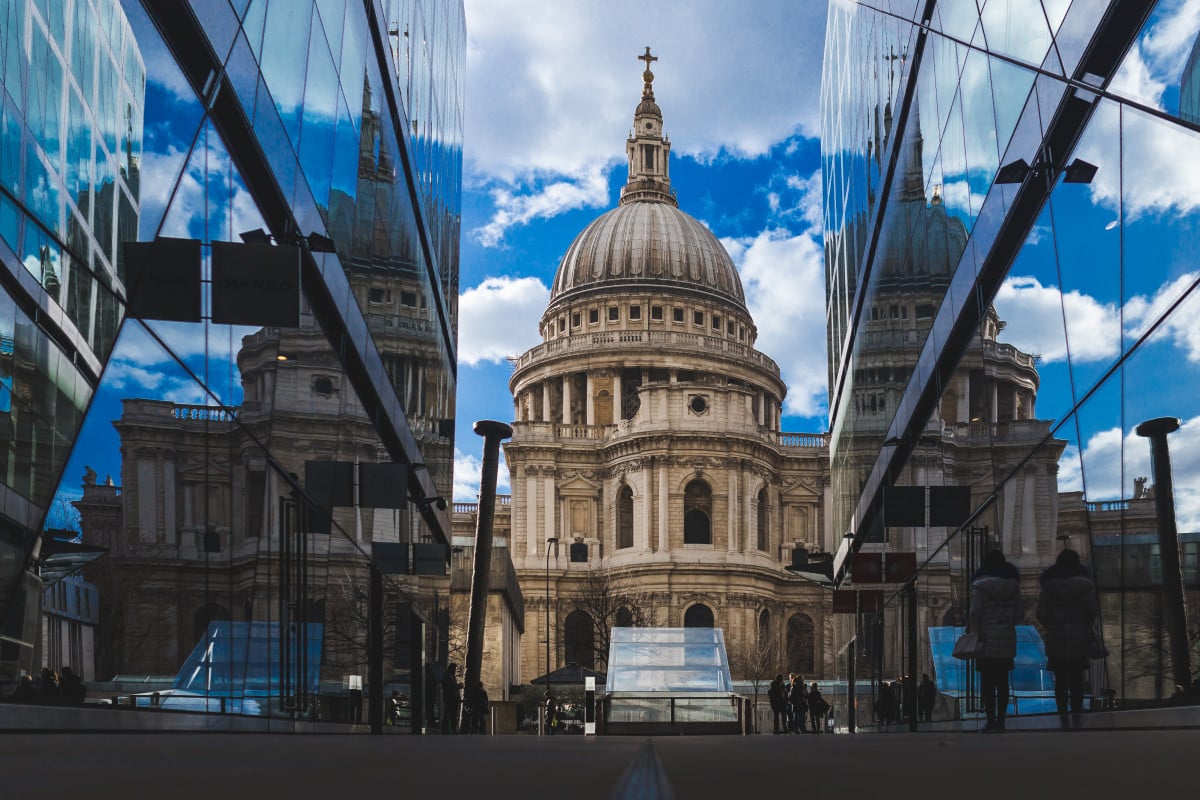Originally published May 26, 2023
Christendom is the name we give to Christian civilization, when society, culture, law, art, family, politics, and worship are saturated by the church’s influence and informed by its authority. Christendom traces its beginnings to the fourth century after Christ; it began to ebb, in fits and starts, sometime during the transition from the late middle ages to the early modern period. It is tempting to plot its demise with the American and French revolutions, though in truth it outlasted both in many places. It came to a more or less definitive end with the world wars (in Europe) and the Cold War (in America). Even those who lament Christendom’s passing and hope for its reestablishment have no doubt that the West is post-Christian in this sense. The West will always carry within it its Christian past — whether as a living wellspring, a lingering shadow, a haunting ghost, or an exorcised demon — but it is indisputable that whatever the West has become, it is not what it once was. Christendom is no more.
To ask about the church’s place in society while living in Christendom is redundant. The question answers itself. The question is genuinely new, however, when posed after Christendom. For that reason it has been posed continually in the past few centuries, especially in the last 75 years. H. Richard Niebuhr’s Christ and Culture, published in 1951, is a reliable touchstone. The postwar period up to the present has seen American Protestants in particular eager, and sometimes anxious, to clarify, to solidify, and, if necessary, to resituate their relationship to the nation: its legal and political operations, its respectable professions, its educational institutions, its means of cultural production. The conversation is no closer to being resolved today than when Niebuhr first gave the lectures in Austin, Texas, that would later become his book.
Niebuhr’s template set the standard for those who followed. An ostensible sampling of major approaches to church and culture, by way of historical ideal types, the final type receives no criticism and remains at the end of the line, giving the unavoidable impression of a final evolutionary development. Like liberalism, it lies at the end of history; there are no alternatives, certainly not those that came before.
Other authors are less coy, proposing the correct model (or option) plainly and forcefully. Whether explicit or implicit, however, such approaches to “church and culture” are inapt to our present moment. Though we have much to learn from them — especially Niebuhr’s, which stubbornly resists summary, simplification, and dismissal — they fail to offer either the practical guidance the American church so desperately needs today or a sufficiently capacious (because insufficiently catholic) appreciation of the radically different contexts in which the church has found itself across the centuries and, thus, the understandable diversity of its responses to those contexts. In other words, American (especially evangelical) Protestant thinking about the church after Christendom is overdetermined, on one hand, by its presumption of the American context as normative, and on the other, by its failure to see Christendom as truly at an end. Its besetting vices are amnesia and nostalgia.
Login to read more
Sign in or create a free account to access Subscriber-only content.
Topics:
